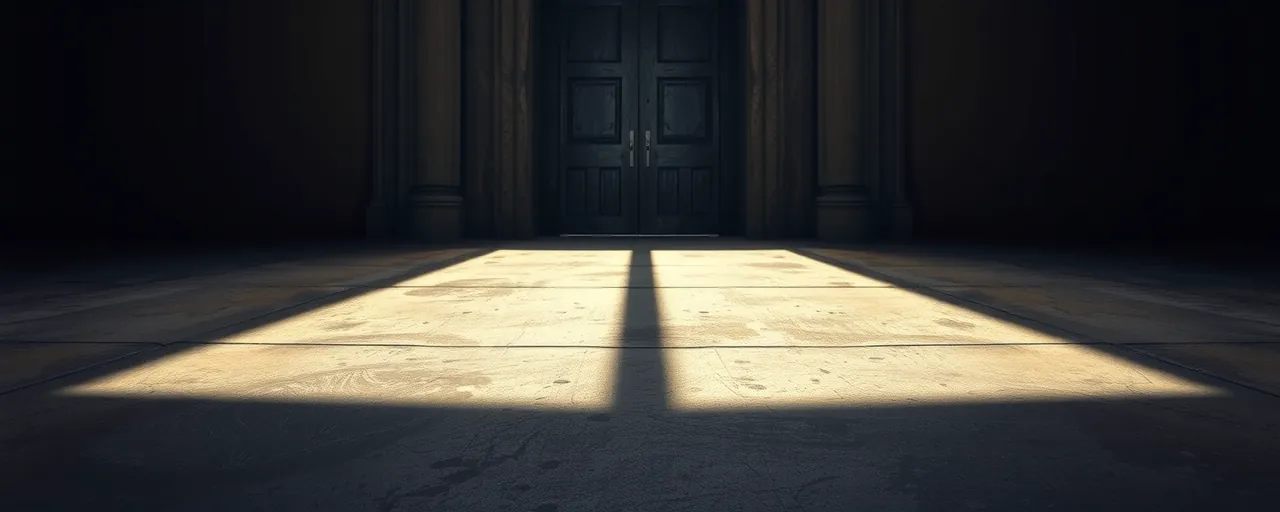A System Rigged for the Elite
The House just slammed the door on fairness. President Trump floated a new tax bracket for incomes over $2.5 million, a small step toward justice. Yet, the Republican-controlled Ways and Means Committee scrapped it in their latest tax bill. This choice protects the ultra-wealthy while working families drown in rising costs. Why does Congress keep propping up a broken system?
America’s wealth gap has exploded. Since the 1980s, the top 1% have tripled their slice of national income. The richest now earn over four times what median households manage. The Gini coefficient, a key inequality measure, has hit levels not seen in decades. Families struggle with childcare, healthcare, and rent, while the elite glide through with tax breaks. It’s a disgrace.
The 2017 Tax Cuts and Jobs Act showered billions on the wealthiest, ballooning the deficit. Extending those cuts, as the House intends, will deepen the divide. A 39.6% top bracket could have raised funds for schools, hospitals, and poverty relief. Instead, lawmakers chose to coddle the rich. The betrayal stings.
Why Taxing the Rich Works
Progressive taxation is both fair and effective. Research shows higher rates on top earners deliver steady revenue without harming growth. In tough times, this money funds programs that stabilize communities. The New Deal, built on progressive taxes, lifted millions. Today, 83% of Democrats back taxing the rich more. They see the truth.
Regressive policies, like 2025’s tariffs, tell a different story. Those tariffs spiked consumer prices by 2.3%, costing low-income families $3,800 on average and slowing GDP growth by nearly a point. Taxing millionaires, however, hits those who can pay. Much of their income comes from lightly taxed capital gains. A new bracket would make them contribute fairly.
Republican policymakers argue higher taxes kill investment and small businesses. This claim crumbles under examination. Most small businesses don’t clear $2.5 million, and wealthy earners dodge taxes through loopholes. A new bracket, paired with loophole closures, could fund efforts to shrink racial and economic gaps. Why defend a system that favors wealth over hard work?
Abandoning the American Dream
The House’s tax bill reveals warped priorities. With a slim Republican majority, 2025’s fiscal debates have been chaotic—debt ceiling clashes, stopgap funding, and rushed deals. Omitting a millionaire bracket proves lawmakers care more about the ultra-rich than ordinary families. The bill’s $2,500 child tax credit expansion is a minor gesture, overshadowed by neglect of issues like the SALT cap or clean-energy credits.
History shows progressive taxes drive fairness. The New Deal and Great Society funded safety nets that boosted opportunity. Today’s refusal to tax millionaires locks in a system where the top 20% hoard tax-cut benefits. Congressional Budget Office data reveal the wealthiest quintile earns far more than the median. Why let this injustice fester?
Republicans insist higher taxes hurt jobs. Evidence disagrees. The Clinton years, with elevated top rates, saw strong growth. The 2017 cuts, meanwhile, failed to spark promised investment. Tax breaks for the rich don’t fuel prosperity—they concentrate wealth. It’s time to stop believing the myth.
Demanding a Fair Future
Congress needs to act with courage. A millionaire tax bracket isn’t extreme—it’s essential. It could fund anti-poverty initiatives, healthcare, and education, tackling inequality directly. Most Americans want a tax code that works for everyone. Lawmakers ignoring this demand risk losing voters who see the system’s flaws.
Extending the 2017 cuts will swell deficits and entrench inequality. The Bush tax cuts already showed this path’s failure, starving public services to enrich the elite. A progressive tax system, grounded in equity, offers a better way. Congress must choose people over privilege.
Taxing the ultra-wealthy isn’t about envy. It’s about giving everyone a fair shot. A system that asks more from those with the most isn’t punishment—it’s responsibility. Will Congress fight for justice, or keep serving the elite? Our future hangs in the balance.
